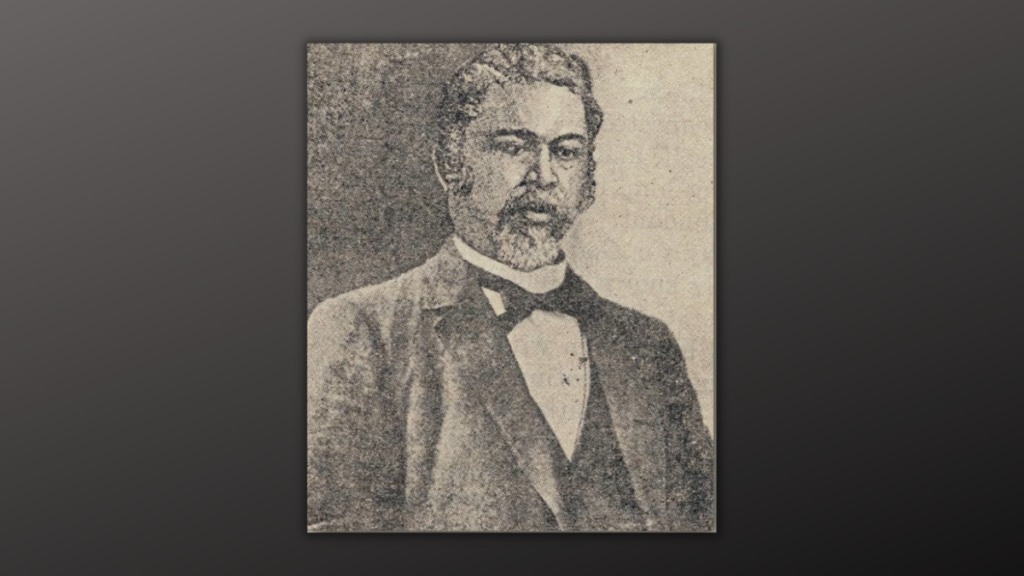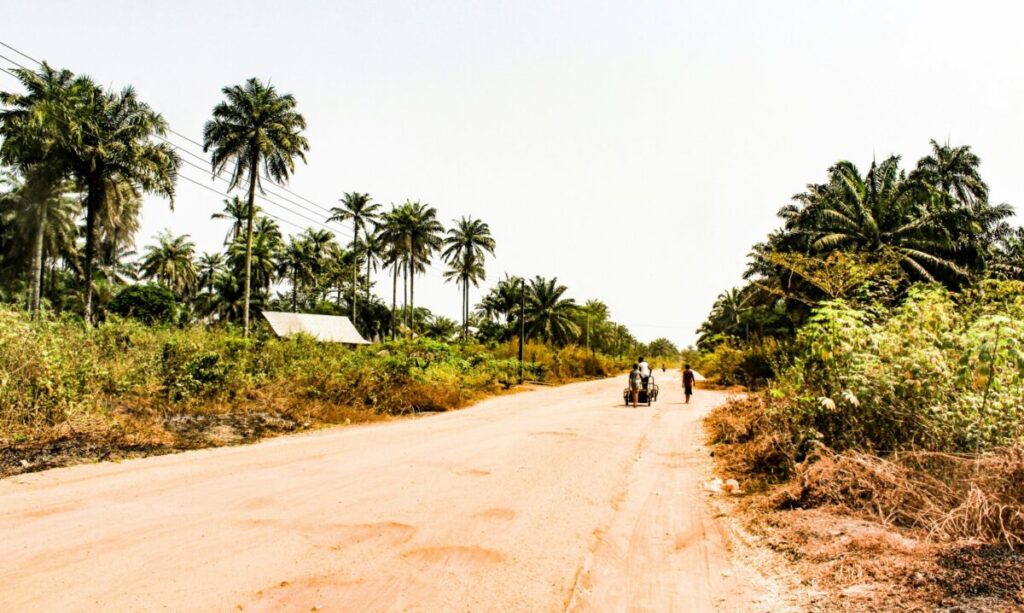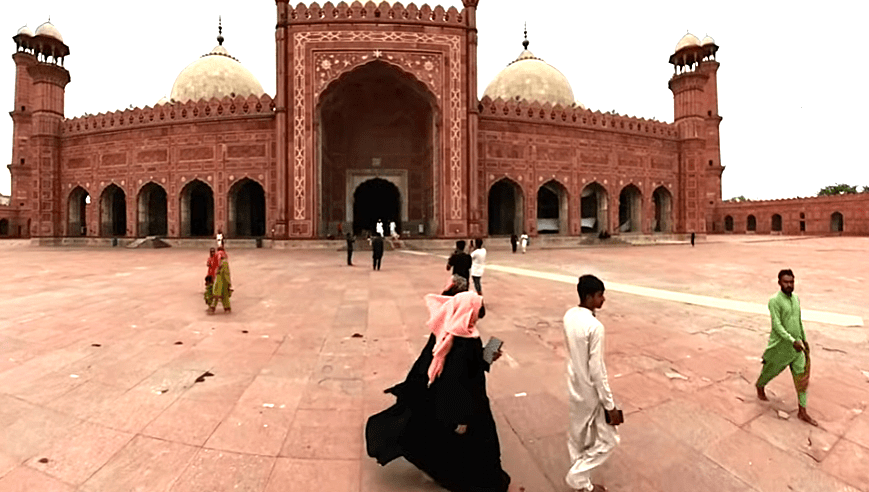Drug addicts and prisoners are not a typical target audience for ministers starting a new church. But for the leaders of LifePoint Church, Albertville, reaching people consumed by addiction and behind bars is an opportunity to follow in Christ’s footsteps and help the “least of these.”
“We really targeted helping people with their hurts, habits and hang-ups,” said Matt Brooks, lead pastor of the Marshall Baptist Association church. “We all have a problem called sin. We all have recovery issues. We realized that early on, and we said we are going to love the unlovely.”
‘Best form of evangelism’
Through weekly Celebrate Recovery addiction-help programs and a worship service held every Sunday night inside the Marshall County corrections facility in Albertville, LifePoint is fulfilling one of its core values — to love people when they least expect or deserve it. And in one year, attendance has skyrocketed from 36 to more than 500 each Sunday.
“There seems to be a misnomer that we don’t need to do church planting in Alabama, because there is a church on every corner,” Brooks said. “But statistics show that the best form of evangelism is in church planting.”
According to state missionary Gary Swafford, more than 200 sites — at least one in each association — need new congregations to reach those who have never accepted Christ and joined a local church.
And since cultural or lifestyle differences may prevent people, whether Christian or non-Christian, from attending existing Alabama Baptist churches, Swafford and his team believe the greatest challenge is planting congregations that are different from the ones currently positioned around the state.
“Diversity is the key to reaching all segments of our society,” said Swafford, director of the Alabama Baptist State Board of Missions’ (SBOM) office of associational missions and church planting. “Studies show that the majority of Alabama’s … unchurched people respond well to the unique, fresh way that newly birthed churches invite people to a relationship with Christ and with His people.”
Otis Corbitt, an associate in the SBOM church-planting office, believes overcoming cultural differences can sometimes be a bigger issue for unreached people than becoming a Christian.
“A lot of our churches are welcoming to people, but the problem is that those people are not discipled yet and they feel like they don’t fit in,” he said. “What you find is that a church will start and reach people that other churches have not been able to reach. When you start a new church, you are trying to pull down those barriers that keep people from joining us in our churches.”
To make sure “every person in Alabama will have the opportunity in their own culture to hear and respond to the gospel of Christ,” the SBOM works with local churches and associations to identify segments of society where planning and intentional birthing of churches needs more attention, Swafford added.
At times, this outreach occurs when a congregation like South Roebuck Baptist Church, Birmingham, in Birmingham Baptist Association expands to another campus to reach people in a growing community.
Long-term relationships
“We saw a developing suburb of the Birmingham area (Margaret) and knew that God had already gifted us with the ability, people and resources to plant a campus in this fast-growing area,” said Senior Pastor Chris Crain.
“A year later, the new campus that we call North Valley Church is averaging over 150 people in worship.”
While this method of church planting works well, Swafford and his team also see the need for indigenous church planting that establishes Bible studies or churches for less obvious cultures in the state.
“It’s language and ethnicity but it is also lifestyle and socioeconomic differences that offer us the opportunity to be missionaries in our own communities,” Swafford said. “We need people in Alabama who feel called to the different segments of society to commit themselves to study that culture and to establish long-term relationships within the culture for the opportunity to share Christ.”
He said this method of church planting is similar to the international missions evangelism approach.
“Just as Southern Baptists have sent international missionaries to learn languages and cultures around the world and start culturally appropriate churches in their society, Alabama needs that kind of church starting to reach the people who are significantly different from the ones sitting in our pews,” Swafford said. “The message must never change, but the methods of presenting that message must always change to adequately communicate the truth of the gospel to all people.”
He and his team encourage Alabama Baptist churches and associations to help meet this church-planting challenge by calling believers to “be on mission” in their communities, selecting appropriate sites for worship and Bible studies and participating in church-planting training events.
Reproducing ourselves
“God’s method of building His Kingdom is for churches to produce churches that have within them the DNA to continue reproducing to build His Kingdom for His glory,” Swafford said. “In God’s Kingdom, everything healthy reproduces. It follows that a healthy family of churches will birth new churches.”
The SBOM will sponsor an associational church-planting training event Jan. 22–23, 2008, at Shocco Springs Baptist Conference Center in Talladega. For more information, call Corbitt at 1-800-264-1225, Ext. 332.





Share with others: